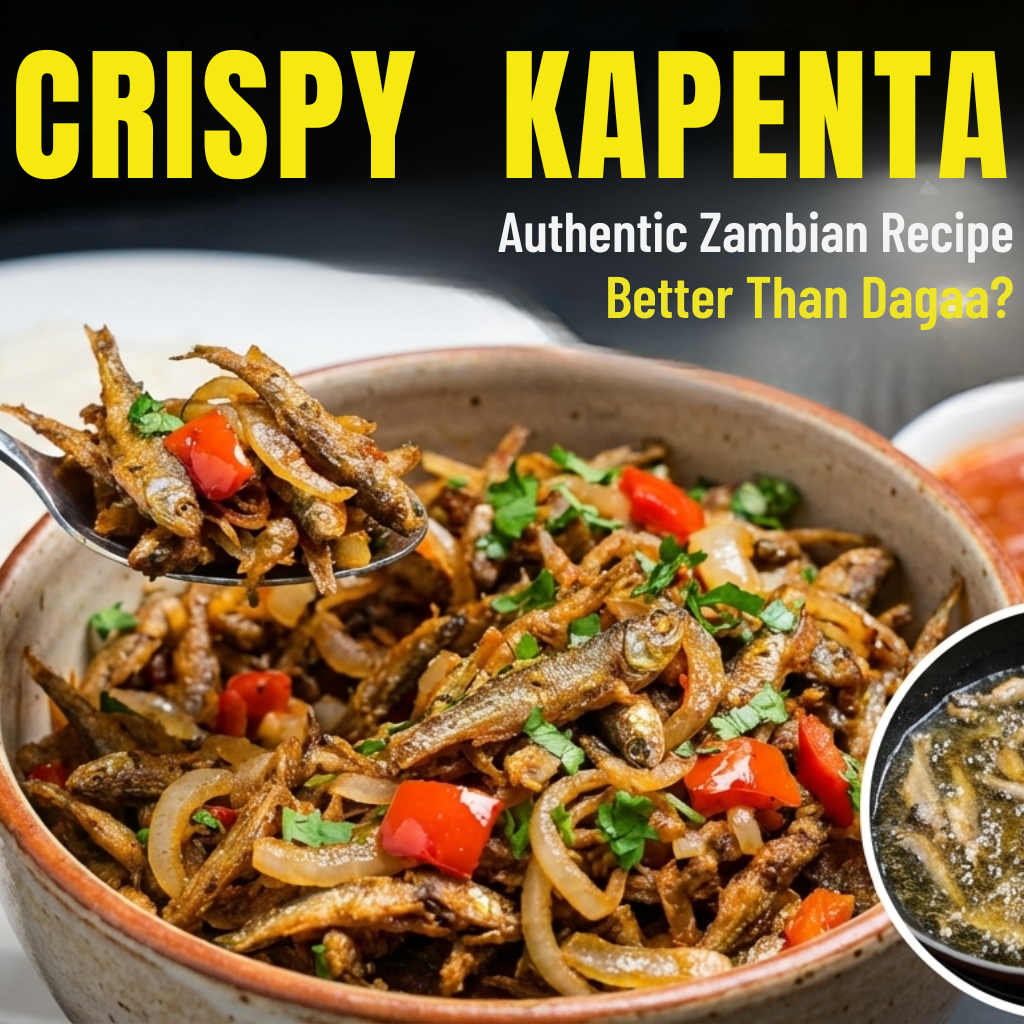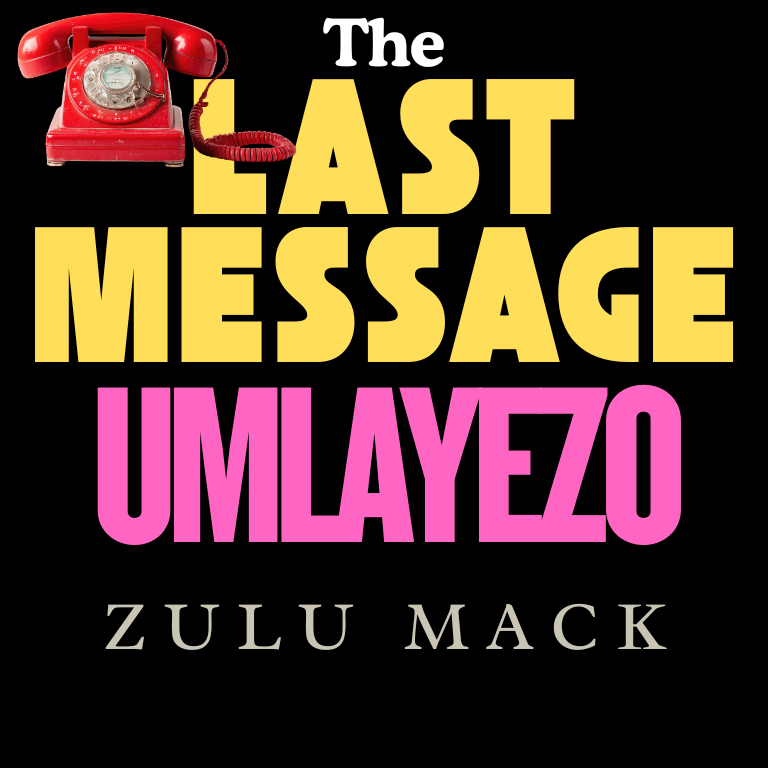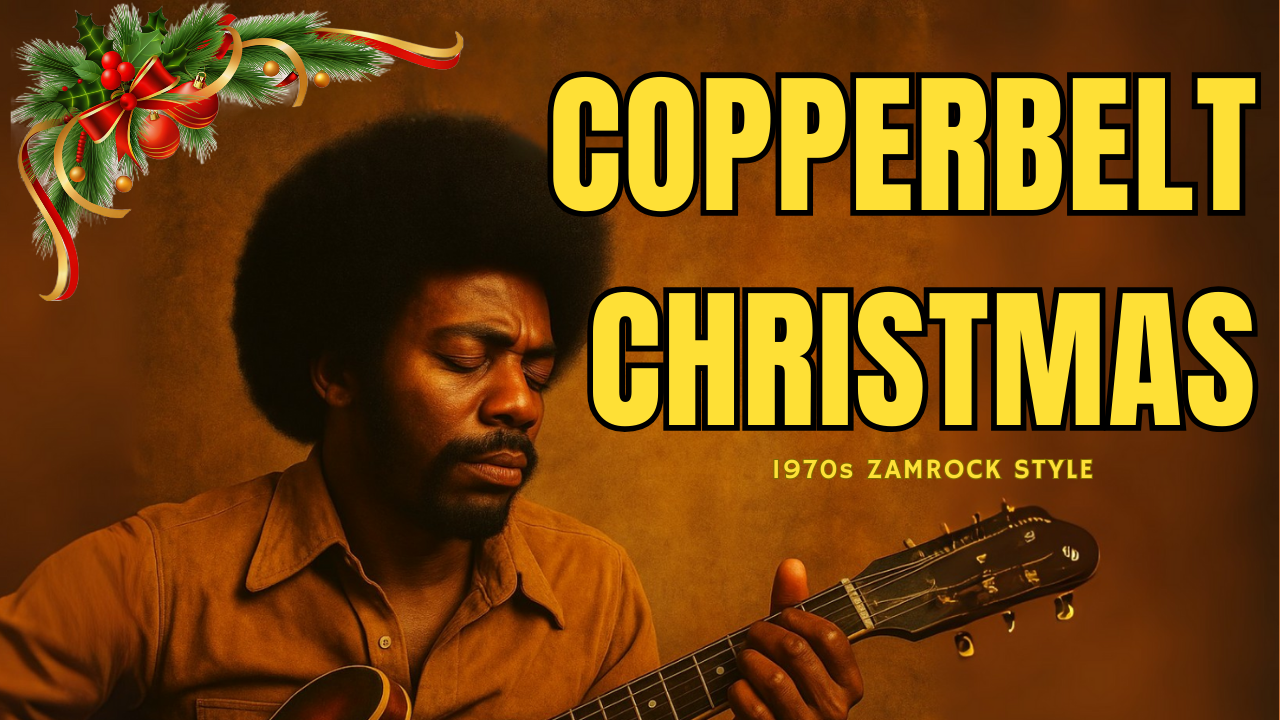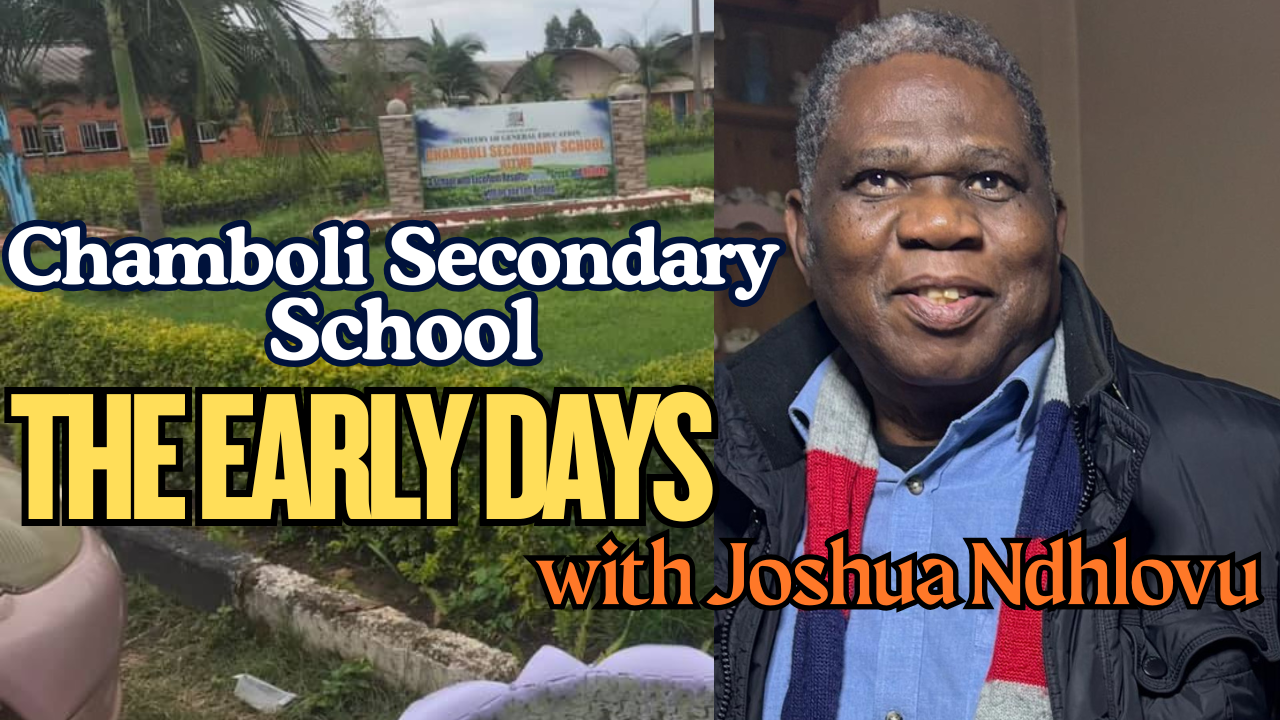Discover the heart of Zambian cuisine with Kapenta, a beloved traditional dish made from small, sun-dried fish. Known for its minimal ingredients and rich, savoury profile, this recipe demonstrates how simple components like onions, tomatoes, and spices can create a truly delicious outcome.
The Secret to Authentic Kapenta
The hallmark of a well-prepared Kapenta is its texture. By frying the fish for approximately two minutes, you achieve a “very nice crunch” that prevents the fish from breaking apart and adds a delightful contrast to the softened vegetables,. This step is essential for transforming the sun-dried fish into a crispy, flavourful base for the meal.
Read More









